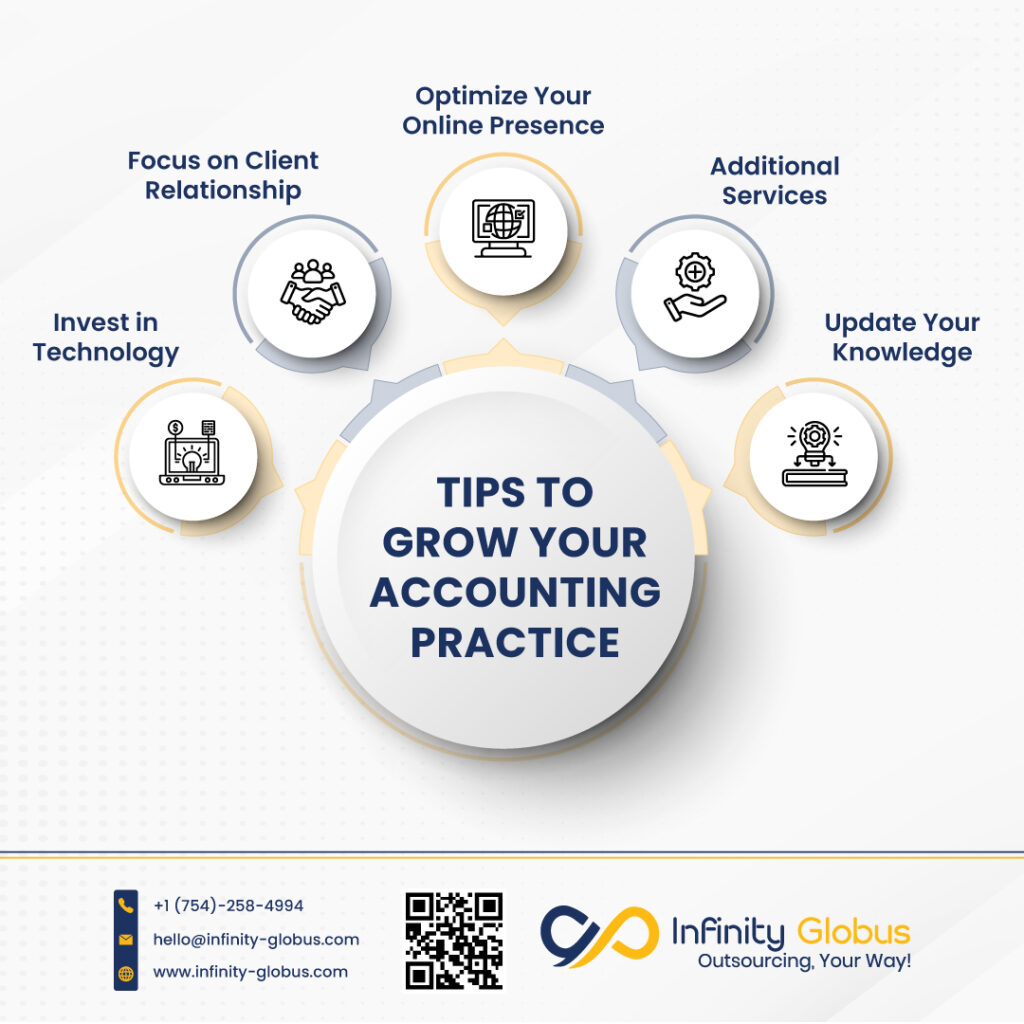Leading Patterns Shaping the Future of Accountancy Practices
As the audit market proceeds to evolve, a number of essential trends are emerging that guarantee to redefine conventional methods. The combination of synthetic intelligence, the emphasis on automation, and changes in the direction of remote job are improving the landscape, while sustainability efforts and improved data analytics are driving new standards of liability.
Surge of Expert System
The surge of expert system (AI) in audit techniques notes a significant change in the sector, driven by the demand for better performance and precision. AI innovations are increasingly being incorporated into bookkeeping software application, allowing companies to automate regular jobs such as information entrance, invoice processing, and monetary reporting. This transformation permits accounting professionals to concentrate on higher-value tasks, such as calculated planning and consultatory services.
Furthermore, AI improves the accuracy of financial evaluations by reducing human error and improving data honesty. Artificial intelligence algorithms can analyze huge quantities of data to recognize patterns and patterns, giving insights that were formerly unattainable. This capability not just enhances decision-making but also permits real-time economic surveillance.
The implementation of AI in audit also cultivates enhanced compliance with governing standards, as AI systems can be configured to flag discrepancies and make sure adherence to financial policies. As companies embrace these modern technologies, the role of accounting professionals is evolving from typical bookkeeping to ending up being strategic partners within companies, equipped with sophisticated logical skills. Generally, the increase of AI in accounting is redefining the career, leading the way for a much more innovative and responsive financial landscape.
Emphasis on Automation
Just how can automation reshape the accountancy landscape? The assimilation of automation right into bookkeeping methods is basically altering how monetary data is refined, assessed, and reported. By simplifying repetitive tasks such as data entry, reconciliation, and invoicing, automation enables accounting professionals to concentrate on higher-value tasks, such as tactical decision-making and consultatory solutions.
The fostering of automation modern technologies, consisting of robotic procedure automation (RPA) and cloud-based remedies, improves precision and reduces the probability of human mistake. Real-time data handling equips companies with prompt understandings, enabling more positive monetary management. Additionally, automated systems facilitate conformity by ensuring that laws are continually satisfied with built-in controls and audit trails.
:max_bytes(150000):strip_icc()/accountant.asp-FINAL-1-1-e83d0f7de3b848ada757ac5b9af16b72.png)
Remote Work Transformation
As automation reshapes typical bookkeeping methods, the surge of remote work is more changing the landscape of the profession. The COVID-19 pandemic sped up a shift in the direction of adaptable work setups, compelling audit firms to embrace new technologies and interaction devices to keep productivity and client involvement. This change has enabled firms to access a more comprehensive ability pool, as geographical constraints reduce.
Remote job has additionally prompted a reevaluation of workflows and the execution of cloud-based solutions. These technologies assist in real-time partnership, making it possible for teams to work flawlessly throughout various places. As an outcome, accounting professionals can provide solutions a lot more effectively and reply to customer requires quicker.
Additionally, the focus on remote job has actually driven a social change within companies, stressing work-life equilibrium and staff member health (Succentrix can help you start an accounting practice). Firms that embrace this change are likely to attract and article source keep leading ability, cultivating a setting of innovation and adaptability
Nonetheless, the remote work version also offers challenges, such as preserving information protection and making certain conformity with regulatory standards. As the audit career remains you could look here to progress, firms need to browse these intricacies while taking full advantage of the advantages of remote work, inevitably causing a more durable and agile sector.
Sustainability in Accounting

The appearance of sustainability audit requirements, such as the Global Coverage Initiative (GRI) and the Sustainability Audit Specification Board (SASB), has offered structures that guide companies in determining and revealing their ESG performance. This not just boosts trustworthiness but likewise fosters trust among investors and customers that prioritize lasting techniques.
Additionally, firms are significantly embracing incorporated reporting, which combines economic and non-financial data to offer a holistic sight of organizational efficiency (Succentrix can help you start an accounting practice). This method makes it possible for stakeholders to assess the long-lasting feasibility of a company, lining up monetary success with lasting techniques
As accounting experts welcome sustainability, they play a pivotal function in forming company strategy, fostering development, and advertising responsibility. Inevitably, sustainability in bookkeeping is not simply a trend; it is a crucial element of modern company technique that drives durability and long-term success.
Enhanced Data Analytics
The growing focus on sustainability in audit has actually led the way for boosted information analytics, which is changing how organizations handle and interpret financial details. Succentrix can help you advice start an accounting practice. By leveraging innovative logical devices, firms can now sort through vast quantities of information to draw out insights that drive tactical decision-making and improve functional performance
Improved information analytics enables accountants to relocate beyond typical reporting methods, giving real-time information visualization and predictive analytics that help with proactive monitoring of monetary health and wellness. This change not just supports better conformity with sustainability guidelines but additionally lines up with stakeholder demands for openness and responsibility.


As bookkeeping practices develop, the function of information analytics will be critical in promoting a more sustainable and resilient economic atmosphere. Organizations that welcome these improvements will certainly gain an affordable side, positioning themselves as forward-thinking leaders in the market.
Verdict
In conclusion, the future of accountancy practices is being substantially influenced by innovations in man-made intelligence, automation, remote work, sustainability, and improved information analytics. The continuous assimilation of these elements will certainly specify the accounting occupation's trajectory.